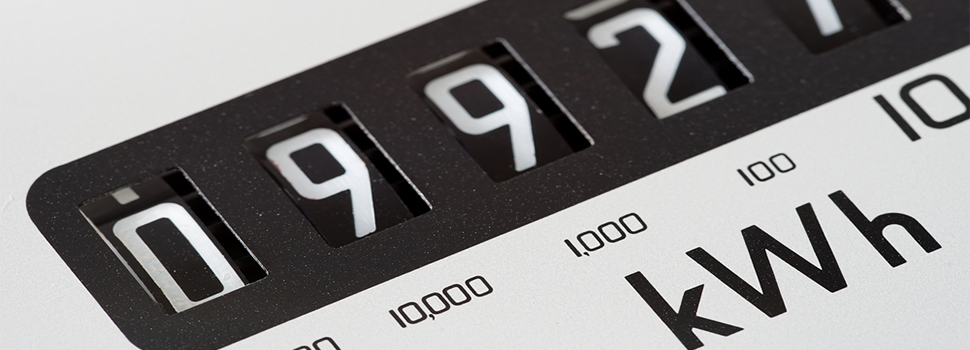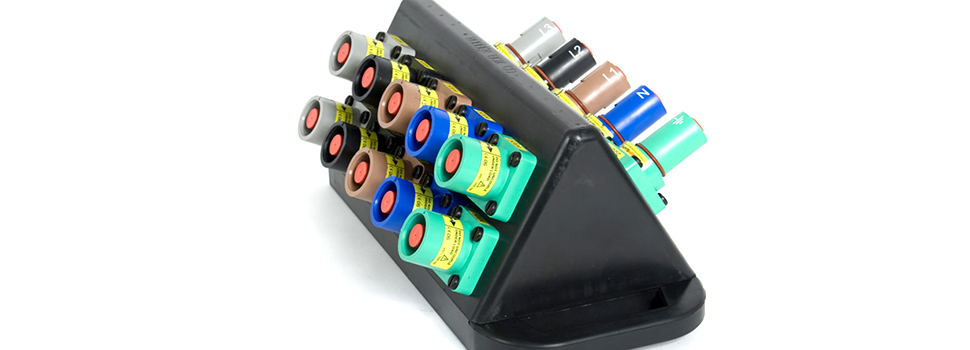
How We Do Things At Rubber Box: Guidelines Versus The Law
At Rubber Box, we’re all about streamlined solutions – giving you the safest, most practical and most efficient solution, in that order. Human safety is always an absolute priority, and we are always in strict compliance when it comes to national and international law regarding our industry. But though law and regulations are usually grouped closely together, they’re actually not exactly the same thing.
Working Within The Law

Let’s clarify a key thing immediately: interpreting the regulations is absolutely not the same as breaking the law. We at Rubber Box do not act illegally at any stage of our process and nor do we allow or encourage anyone else to do so. In order to make sure we make ourselves entirely clear, we first have to clarify the differences between regulation and law in our industry. The law is decided and enforced by the government, while industry authorities then produce subsequent regulations and guidelines that help companies work within them. This means that the two are very closely related, and usually sticking to the regulations automatically means sticking to the law.
But bear with us when we say that it’s possible to deviate slightly from the letter of the regulations while still working well within the overarching laws. Laws are stricter, rigid and absolutely must be respected. However, some (not all) regulations can be guidelines, leaving a certain amount of wiggle room to interpret them. In other words, this arrangement allows our engineers to provide you with the most efficient and cost-effective distribution systems that are tailored to your needs. The alternative scenario is that we’re forced to sell you needlessly complex or expensive systems simply because of largely redundant parts that are mandated by law.
Safely and Responsibly Interpreting Regulations

Because each of our customers are unique, we sometimes find that certain regulations recommend approaches that are certainly possible, but not the most efficient or effective. For example, the law dictates that effective safety devices must be installed in our power distros. Last week’s blog explained about Residual Current Devices – both what they are, as well as the workings behind them. For certain types of electrical power distribution equipment, the regulations and guidelines recommend the use of RCDs. However some RCDs can be expensive and difficult to come by, and there are perfectly serviceable devices that can perform exactly the same function at a fraction of the cost. Wherever possible, we recommend these devices instead. Most importantly, we do this at absolutely zero sacrifice to your safety, thereby keeping well within the overarching law.
Delivering Quality Power Distros Year on Year

At Rubber Box, we’re dedicated to using our expertise in order to provide you with the best solution possible. We fit a variable, finding the best point that works within these frameworks – we don’t want to charge you extra for components we know you don’t need, especially if it requires a delay on our part to acquire or build them for you.
It’s this responsive, flexible thinking which has allowed us to consistently provide quality bespoke distros, all the while maintaining flawless customer service. If you’d like to talk to us about your latest project, or you’d like clarification on any of the points in this article, don’t hesitate to contact us on 01282 677910.
Don’t forget to follow us on Twitter: @RubberBoxco




